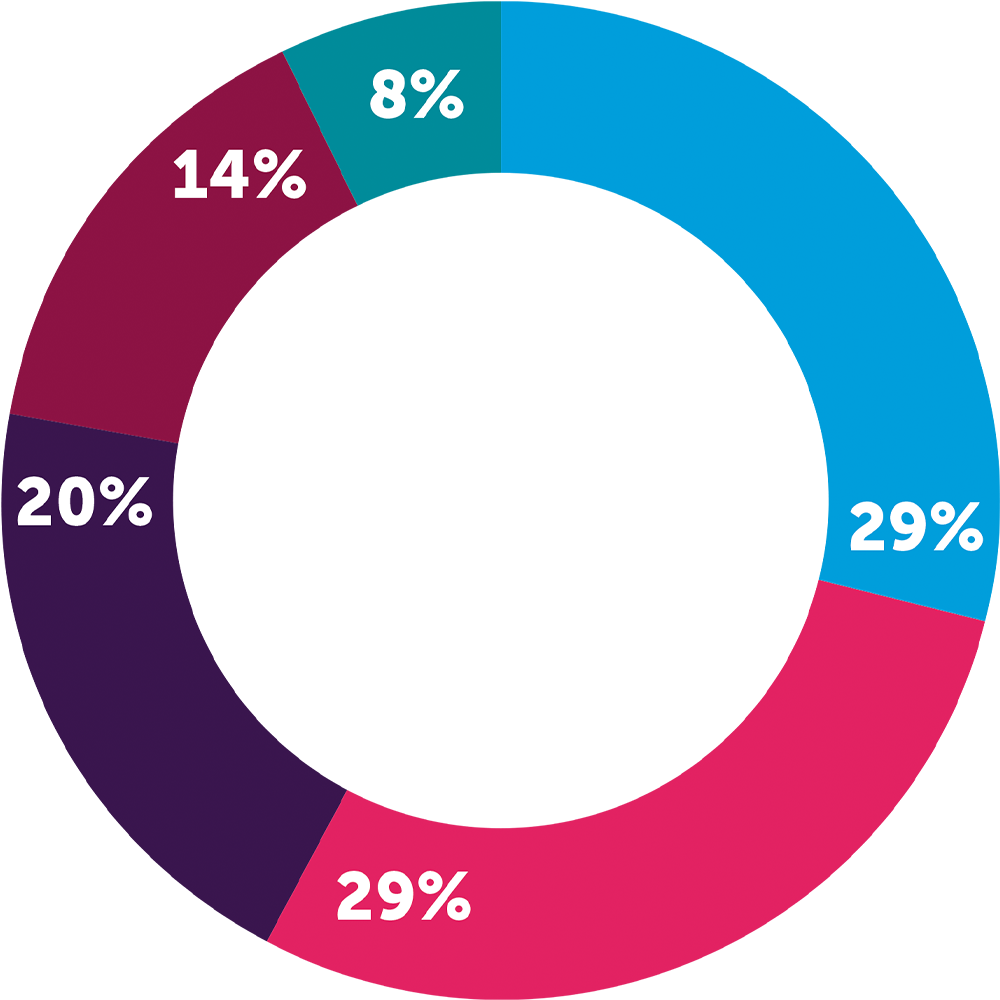
€1,357,663
Primary Education
€1,376,224
Non-formal/
Alternative Education
€951,429
Technical & Vocational
Education & Training
€670,399
Secondary Education
€369,309
Early Childhood
Care & Education
In 2020, Misean Cara supported 99 education projects, implemented by 34 members in 35 countries, targeting 255,106 people.
In 2020, our members’ education projects faced challenges like never before. Worldwide, more than 160 countries closed their schools for different periods of time, affecting at least 1.5 billion children and youth when the first lockdown was at its peak. For children in developing countries, the pandemic made it especially difficult to access the quality education they need to escape from poverty.
Along with the time lost in the classroom, children in the communities where our members work became more vulnerable to domestic violence and abuse during the pandemic, as well as child marriage and child labour. Girls were particularly vulnerable to dropping out of school permanently. Some figures suggest the number of secondary school age girls in poor countries that might never return to school could be as high as 20 million. Because our members have been in their communities for decades, educating generations of children over the years, they were able to quickly adapt, assessing the risks to students, not just in terms of their education, but also their safety and well-being. Throughout this difficult year, they continued to find creative, proactive ways to support students and their families.
The Sisters of the Sacred Hearts of Jesus and Mary manage the only all-inclusive primary and secondary school for deaf-blind children in Zambia. During the COVID-19 lockdown, most children were educated though an innovative home-based care and outreach programme.
The Franciscan Missionary Sisters of St Joseph support street children in Kisumu, Kenya. The project’s non-formal school closed due to COVID-19, but teachers continued to reach out to children through individual follow-up visits to their homes and with remote learning using mobile phones.
The La Sainte Union Sisters provide an accelerated learning programme in a suburb of Dar-es-Salaam, Tanzania that aims to mainstream children into primary school who have either never attended school or dropped out. When the project had to close for three months in early 2020, they maintained close contact with all students, providing support, counselling and information. Thanks to this ongoing support, when the schools were allowed reopen, all of the children in the project returned.

Changing a girl’s life with education and skills training in South Sudan
Christine Amama is 15 years old and grew up in the town of Torit in Eastern Equatoria State, South Sudan. Three years ago, Christine and her family had to flee Torit to escape escalating violence in the area, adding to the number of internally displaced people (IDPs) in South Sudan.
Before settling in Gumbo-Sirkat on the outskirts of Juba, Christine had been unable to go to school. Her family didn’t have the funds to pay her school fees, so instead she had been tasked with the family’s housework, cooking, and childcare for her three brothers.
For the Salesian Sisters based in Gumbo-Sirkat, addressing the needs of minors and particularly adolescent displaced girls has become a key priority. As a result of conflicts across South Sudan many schools were destroyed, leaving approximately 2 million children out of school.
Many girls in the IDP community aren’t enrolled in formal education and instead often help their families by doing small jobs. On top of that, access to schooling for many girls in South Sudan is poor, with only 16% of girls over the age of 15 able to read and write, and many at risk of early marriage and teen pregnancy.
With funding through Misean Cara, the Salesian Sisters developed a programme that, for girls including Christine, offers a free, comprehensive and quality primary education as well as vocational training in sewing, catering and agriculture. The programme enrolled 100 girls, who also received coaching to develop their independence and decision-making skills. The Sisters also held monthly workshops for around 3,000 girls from surrounding villages and schools, to help broaden the reach and impact of the project.
Christine’s teachers report that she is a very responsible student, who as a result of her participation in the programme has learned to read and write and is very enthusiastic about the catering course that she takes. She attends classes every week and receives additional lessons for home study, with her favourite courses being English and Mathematics.

